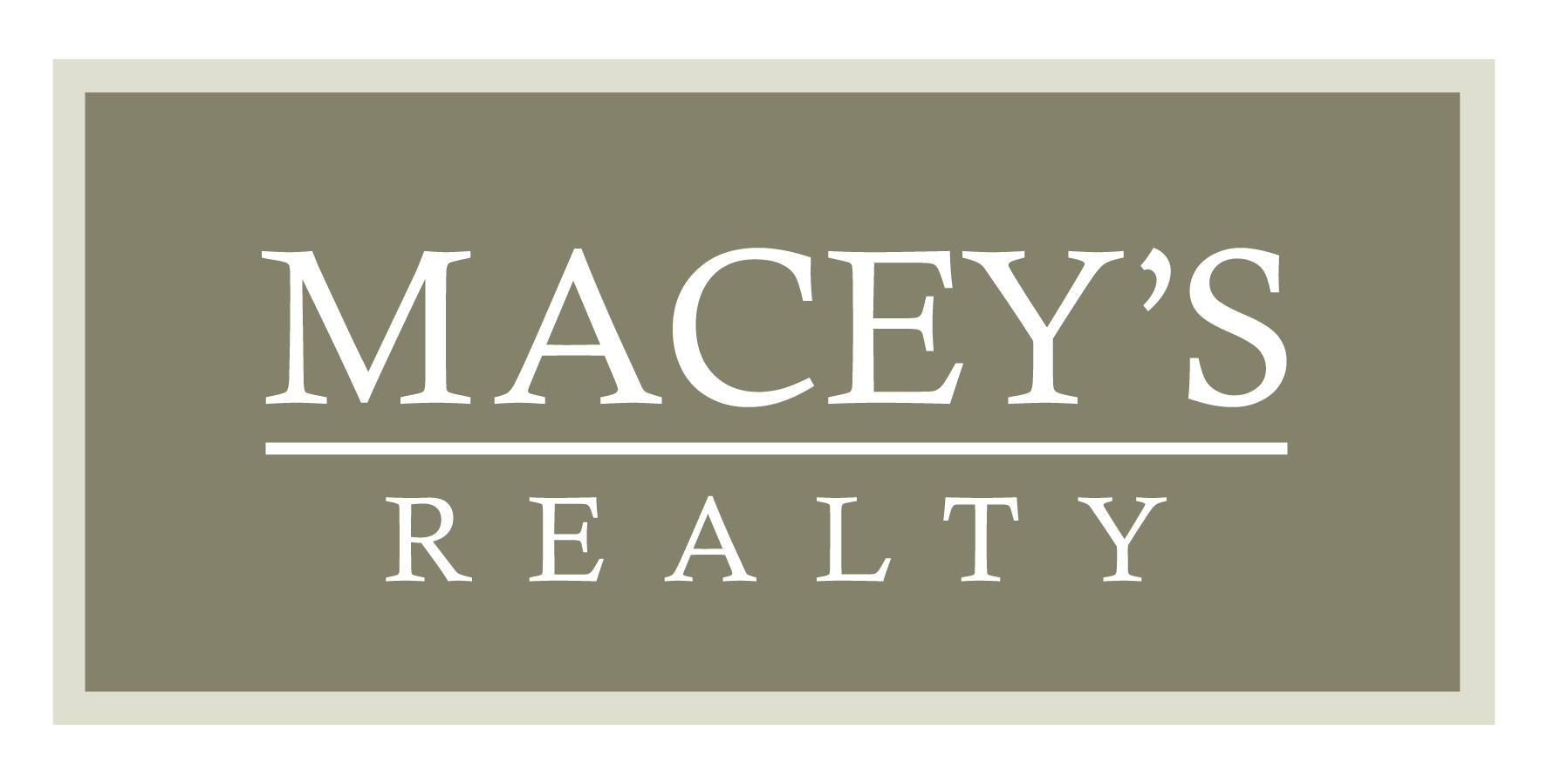
From the moment you walked in, the house was calling to you, writes Cathie Ericson. That chef’s kitchen! The ballroom-size playroom! Wait a second, is that a fireplace in the master? Done and done. This is your perfect home…
That is, until you recheck the price and discover it’s just a bit out of your price range. Cruel, cruel world!
There are precious few things in life more exciting than finding your true dream home—and not many things more soul-crushing than realizing you can’t afford it. Or, can you? If you’re determined to stretch your budget the way certain presidential candidates stretch the concept of “sarcasm,” there are ways to pull off this monetary magic without becoming completely house poor.
We’ll show you how to make your budget mesh with your fantasy. For real.
Budget saver No. 1: Negotiate the price
“Everything is always negotiable,” says Chantay Bridges with TruLine Realty in Los Angeles. “You’d be surprised at what sellers, agents, and buyers alike will compromise on.”
You might not get what you want, but you never know—the seller may be extremely motivated because of a move, work relocation, or divorce, for example.
“They may just be looking for a fair offer and would be willing to sell to you for a little less if they can close faster as a result.”
You’d be amazed by how many people make no effort to parley on price. Smart haggling can get you far! Do it.
Budget saver No. 2: Work the programs
There are a wide variety of programs, particularly down payment assistance programs, that help people achieve their dream of homeownership. And contrary to popular belief, you don’t necessarily have to be low-income to quality.
“You may discover a first-time home buyers program that can make your home of choice more affordable by providing assistance with the closing costs or the down payment,” says Bridges. Check with your lender on programs available in your county, since they change frequently. (You can also review some of the state-by-state options.)
What’s that you say? The home is a dream in terms of neighborhood and square footage, but a nightmare on the inside?
If you’re considering a fixer-upper, you can look into financing it with a renovation loan, suggests Sarah Valentini, president and co-founder of Radius Financial Group. “This will enable a home buyer to make desired improvements and have them financed into the mortgage.”
Budget saver No. 3: Massage that mortgage
“The biggest mistake I see a majority of people make is blindly asking for a 30-year fixed mortgage,” Valentini says. Many home buyers, especially millennials, would be better off if they considered other options such as a five-, seven-, or 10-year adjustable-rate mortgage, she says.
“We live in a much more transient society than we did 20 years ago, and people all too often pay for the ‘security’ of a 30-year fixed loan when, in fact, they will likely be selling or refinancing in less than 10 years,” she adds. Looking into a different loan type can translate into lower payments upfront.
Home buyers can also look into creative options for their private mortgage insurance (e.g., having it paid by the lender or seller), which can help you achieve a lower monthly payment.
Budget saver No. 4: Check for ways this home itself could save you money
Sometimes that more expensive house payment will allow you to save in other areas. For example, maybe it makes your commute shorter and less expensive, or it’s in a better school district so you no longer have to foot expensive private school tuition, says Realtor® Jose Tijam with Grand Avenue Realty & Lending in Anaheim, CA.
Another possibility: The energy efficiency of a newer home can reduce your utility bills and might make up some of the cost difference of an older home.
“Sometimes a higher-priced home can actually cost the same as a lower-priced one when you do the math on other factors,” Valentini says.
Budget saver No. 5: Put the decision into perspective
On the one hand, you don’t want to be dumb. “If a home is truly out of my clients’ budget, I would emphatically advise them to continue looking,” Valentini says. However, she adds that while it is never advisable to buy more than you can afford, it is important to consider all factors before passing on a dream home.
“Buying a home is not something to take lightly,” she says. “You will likely live there for quite some time, so it is important not to just settle,” especially if there are ways to get creative and make it work.
Tijam notes that if your dream house is, say, $25,000 over your ideal budget, it may seem like a huge chunk of money. However, the sting is lessened when you imagine that amount spread over the life of the mortgage.
“When you do that math on a 30-year mortgage, it ends up being only roughly a $70 monthly increase, and often my clients find they can make adjustments to accommodate the difference.”
While he respects the initial budget that his clients have set, he says, he can relate to his clients who have fallen in love with their dream home but find it unaffordable.
“My family and I found a home we adored, but it was slightly over our budget,” he recalls. “We hesitated—and once we figured out that we could probably make it work, another buyer had made an offer. It’s something we still think about from time to time, and I share this experience with the people I help.”


